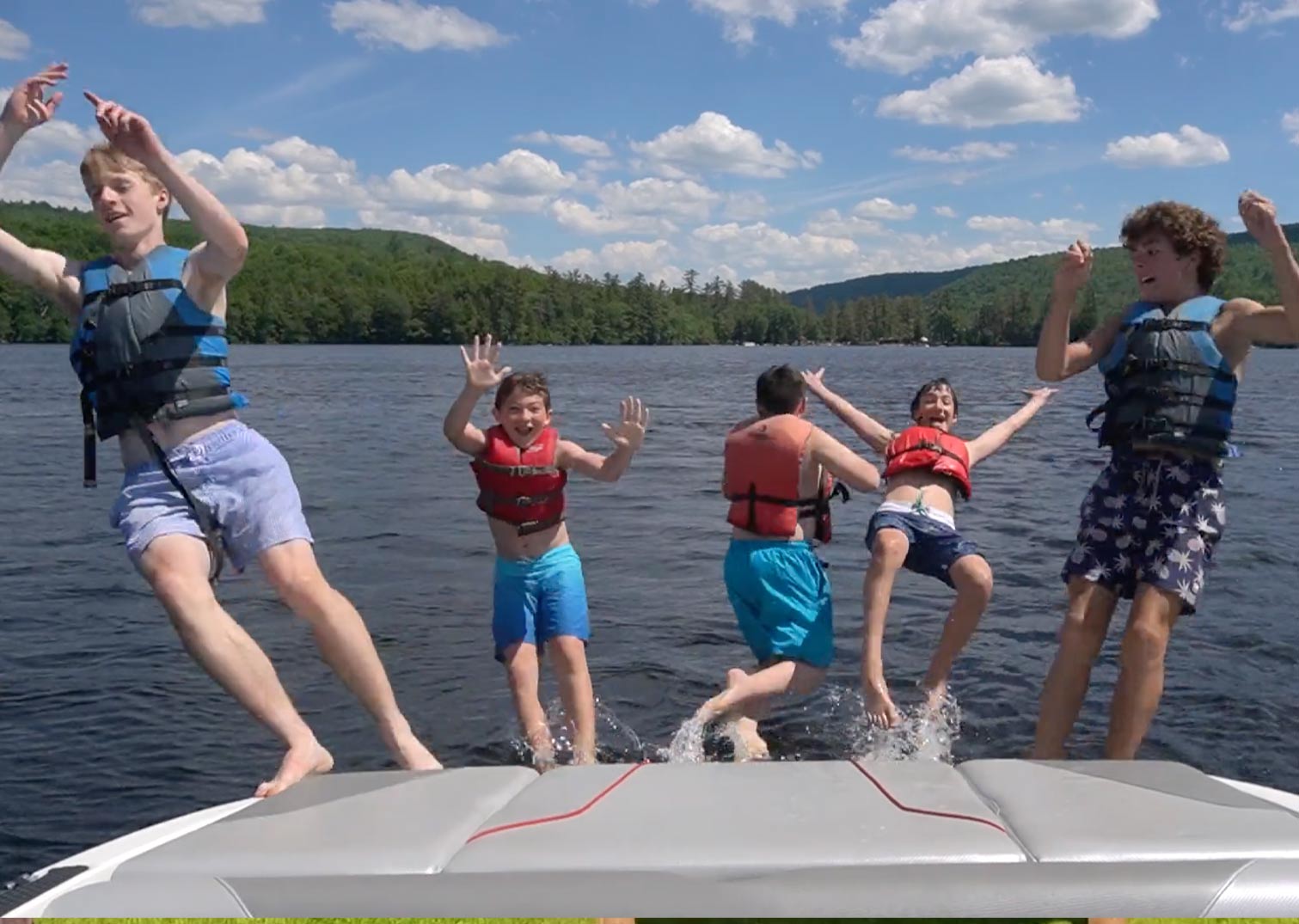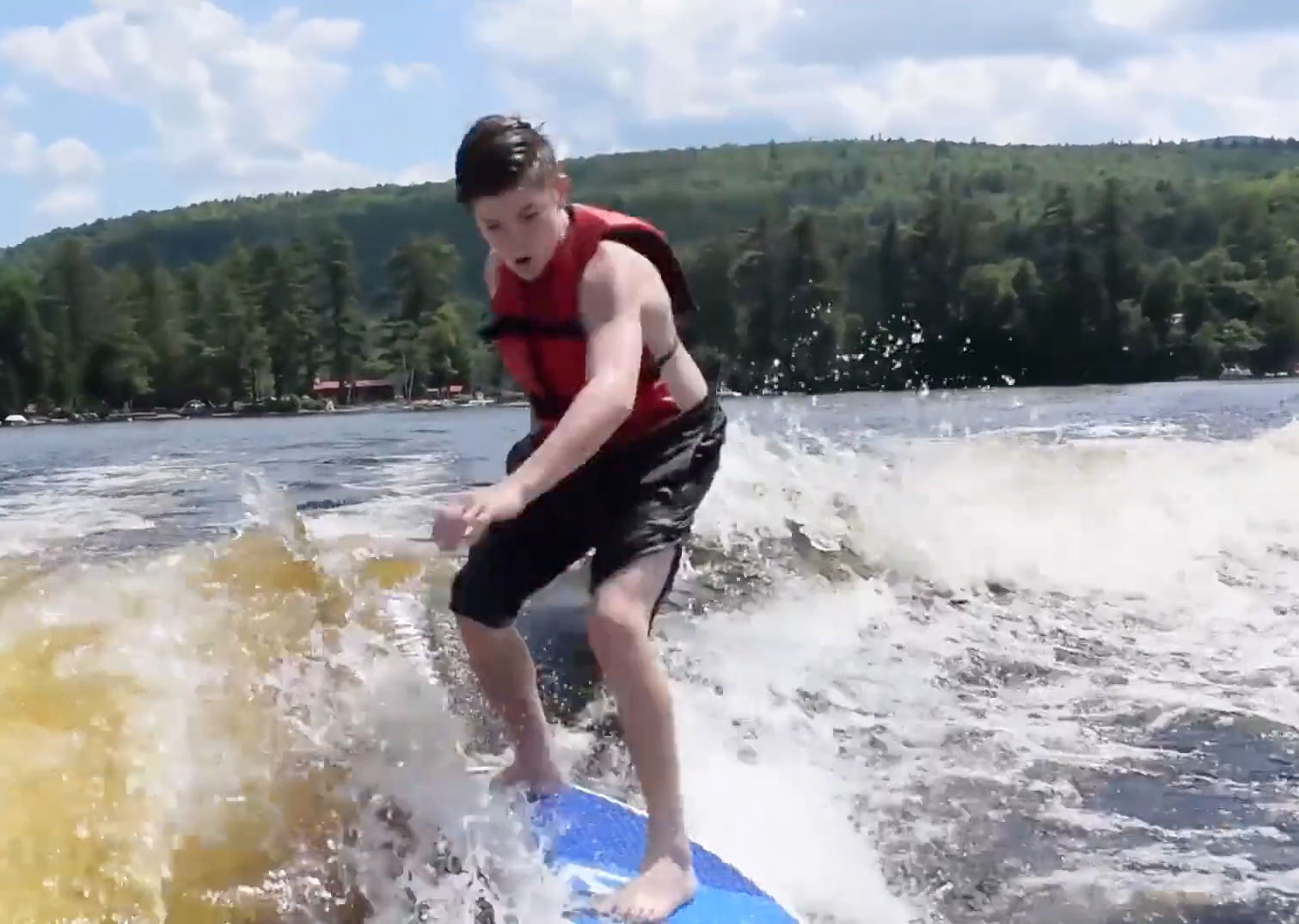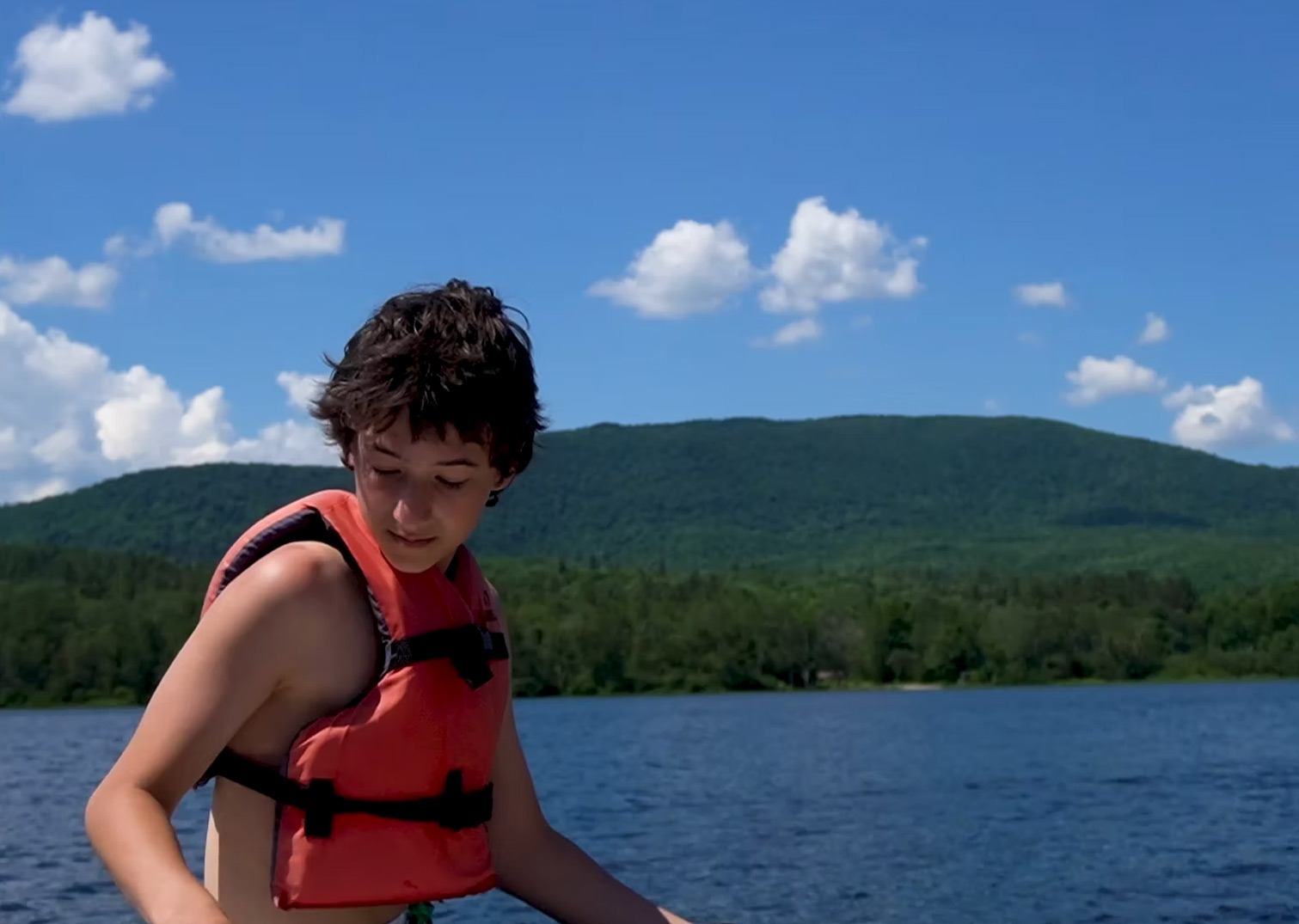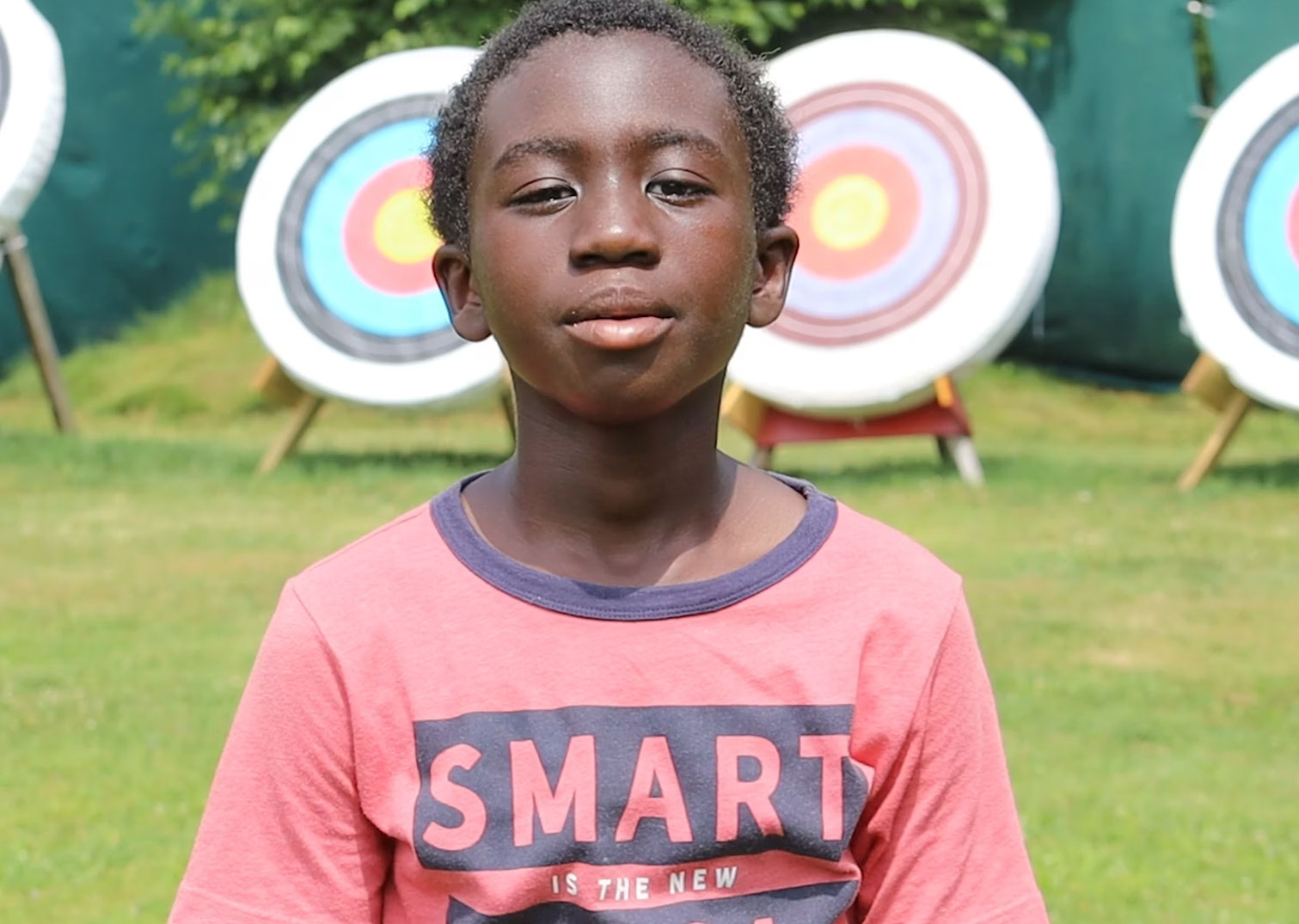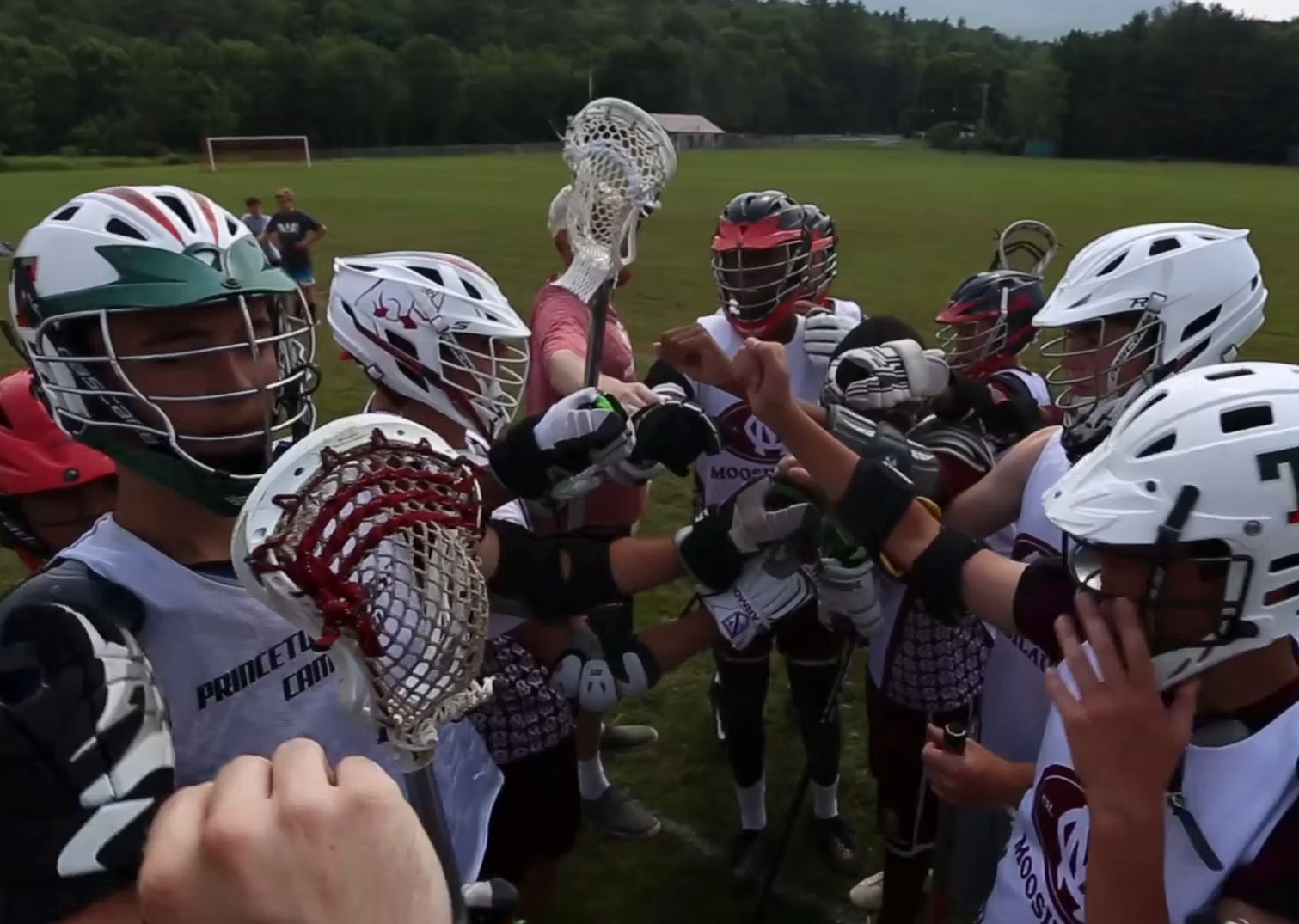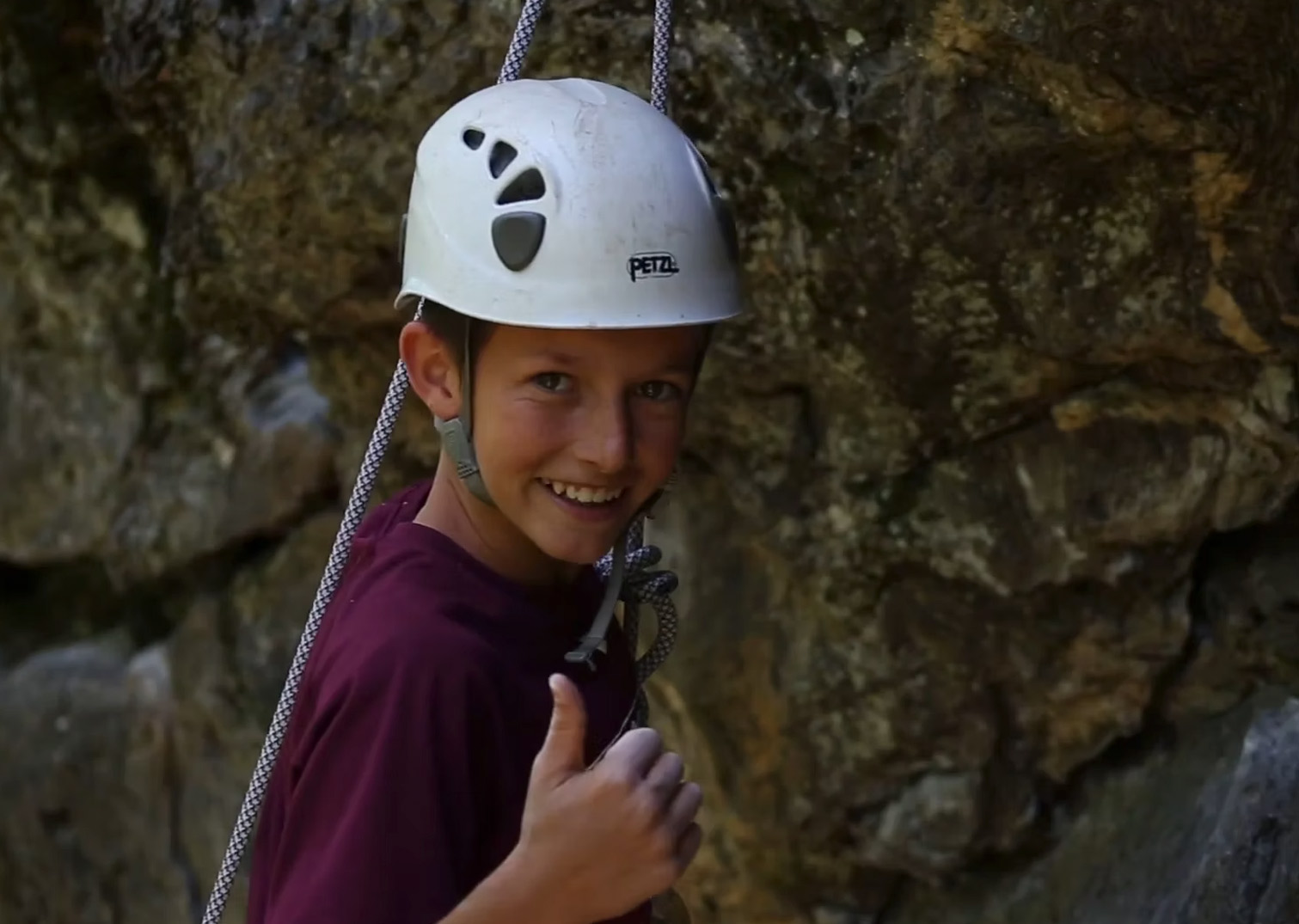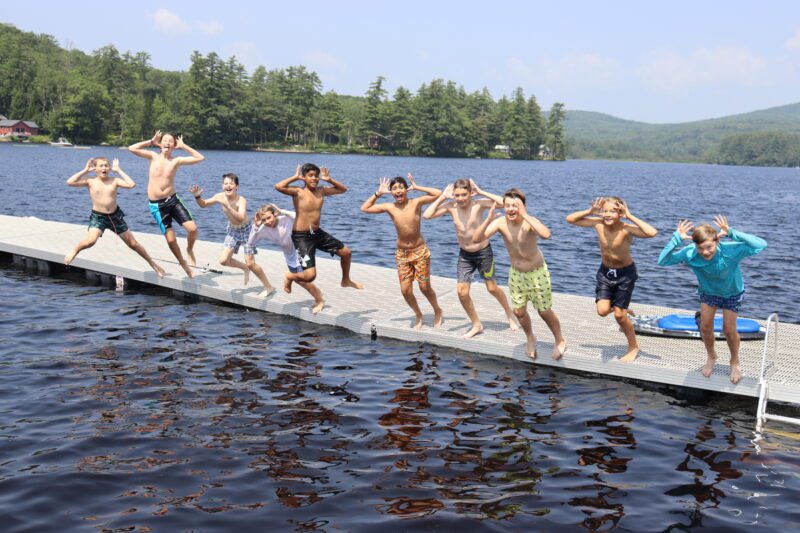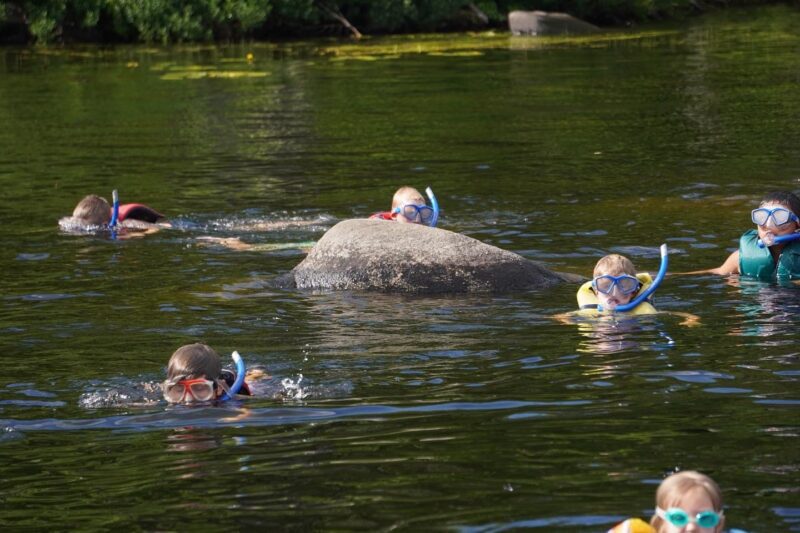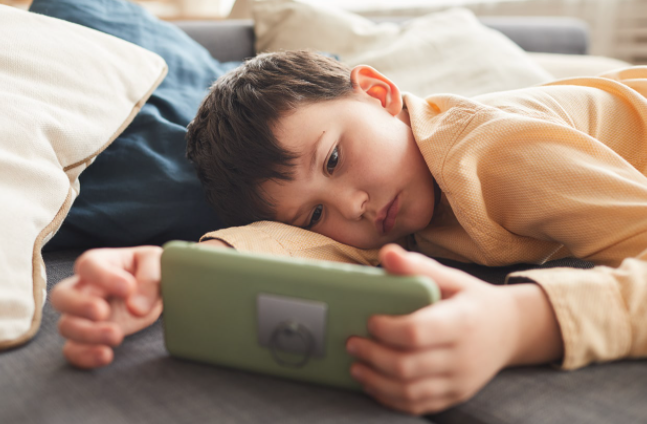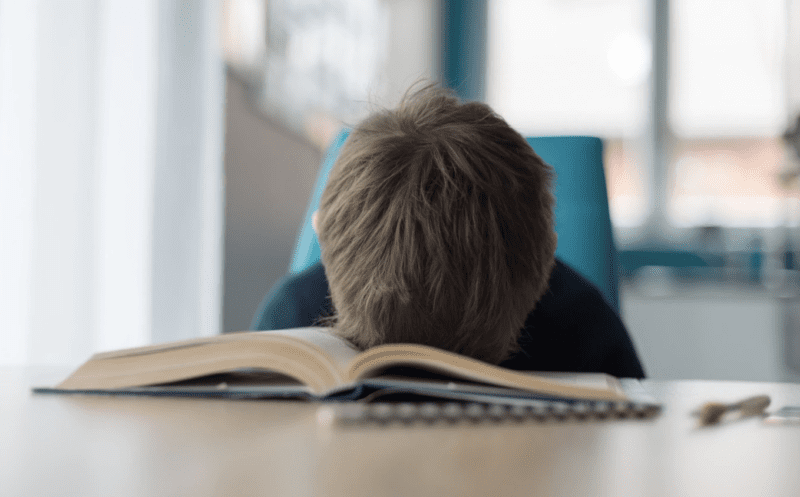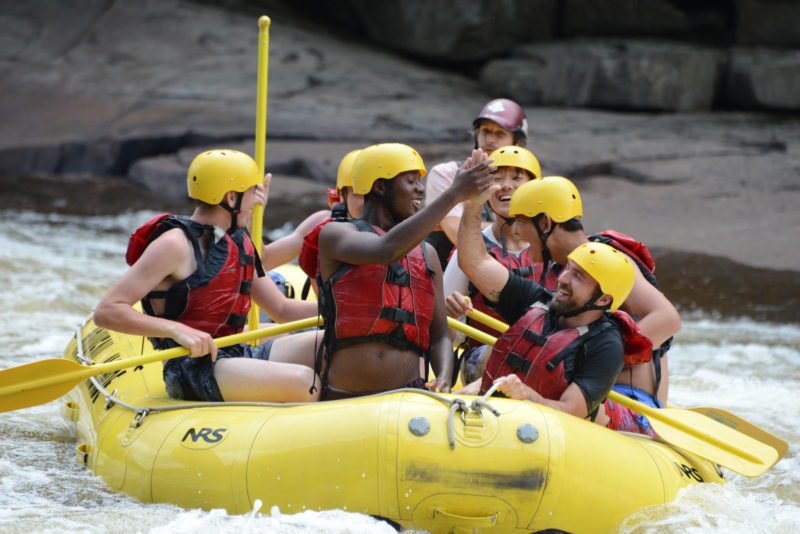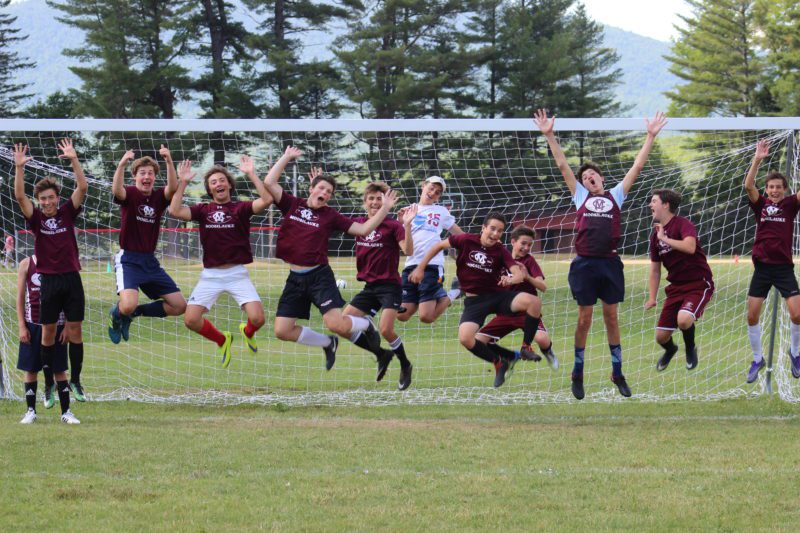How a Great Camp Can Help Your Child Build Essential Coping Skills
By Bill McMahon, Co-Director Parents, and individuals working with kids, are constantly asking themselves the same simple questions: What…
How a Great Camp Can Help Your Child Build Essential Coping Skills
By Bill McMahon, Co-Director Parents, and individuals working with kids, are constantly asking themselves the same simple questions: What…
By Bill McMahon, Co-Director
Parents, and individuals working with kids, are constantly asking themselves the same simple questions: What is our role in their growth process? What should we be doing, and not doing? What should be our/their focus?
Best-selling author and psychologist Madeline Levine is a great resource when it comes to these important issues. Her most recent book, Teach Your Children Well: Parenting for Authentic Success, was described by the New York Times as a “cri de coeur from a clinician on the front lines of the battle between our better natures — parents’ deep and true love and concern for their kids — and our culture’s worst competitive and materialistic influences.” In the book she highlights a type of parenting that we can all fall into which she believes is very detrimental to kids. She calls it the CEO model where the focus is all about test scores, grades, and trophies. Instead of this focus on outcomes and performance she tells us we should be focusing on teaching life skills.
Levine believes that confidence, resilience, and happiness, all come from developing what she terms seven essential coping skills: resourcefulness, enthusiasm, creativity, a good work ethic, self-control, self-esteem, and self-efficacy.
On the surface, this list is fairly intuitive. The magic is not in the exact traits themselves, rather it is in how we can help our kids own and internalize them. Through interviews–and by sending her own kids away to camp–Levine has made it very clear that she believes a great overnight camp is a powerful vehicle for helping kids gain many of these important skills. In a recent interview she discussed 4 traits in particular she believes camps are tailor made for fostering.
The first is resourcefulness. Levine talks about how if you are a new camper, “You’re in a new situation, you’re meeting new people, you’re trying activities you’ve never tried before. Mom’s not there with you, and there’s nowhere to hide. You have to figure out how to meet social challenges, how to solve problems, how to pack your backpack or saddle your own horse. In the process, you stretch and grow in meaningful ways.”
Levine also discusses how camps are great at fostering enthusiasm and self-directed learning: “Camp is a place where, often, kids with specific interests that are not always rewarded during the academic year get a lot of recognition. At camp, for example, kids who are great with their hands may get to tie knots or build a cool fort. Instead of feeling bored or frustrated, they get to be excited and engaged. This may be a new feeling for many of them.” Our experience is that overnight camp, especially during a longer session, is an incredible incubator for kids to go broad and deep with their interests. At Moosilauke, when a boy goes through the paces to be able to do a bomb-proof white water roll in kayaking, nobody is telling him to do it, or scheduling his lessons. It only happens because the boy (not his parents) has decided to put in the time and effort.
Levine also believes camps foster self-control. She states: “There’s a constant line of new tasks to learn which are fun and usually doable. Camp gives kids the opportunity to earn competence in something new — whether it’s in archery or lanyards or swimming — and that leads to confidence. It is competence and confidence that promote self-esteem in kids, not ribbons and trophies for incidentals or just showing up.”
With her emphasis on self control, and the related trait of conscientiousness, Levine hits on a very hot topic. A recent New York Times article highlighted that well-being as an adult is highly correlated with just 3 traits: good emotional and physical health; positive relationships; and a sense of competence and control in one’s endeavors. The article states that “When we look at the research on the childhood precursors of adult happiness we find that the driving factor is childhood conscientiousness, not childhood happiness. Children who are industrious, orderly and have good self-control are more likely than their careless or undisciplined peers to grow into happy adults.” In a related fashion, Angela Duckworth, the grit expert has evidence that shows that self-control is a better predictor for school success (defined as GPA) than either IQ or grit. Given that staying after our children to be conscientious by nagging them about homework, and chores, etc. is not always the most pleasant part of parenting, isn’t it nice that camp can be such a powerful help?
Levine’s final point about camps is that when they are done well they are self-esteem building machines. Levine and I are in total agreement that self esteem can’t be given; it has to be earned through positive risk taking. She states that at a great camp: “There’s a constant line of new tasks to learn, which are fun and usually but not always doable. Camp gives kids the opportunity to earn competence in something new — whether it’s in archery or lanyards or swimming — and that leads to confidence. It is competence and confidence that promote self-esteem in kids, not ribbons and trophies for incidentals or just showing up.”
One of the great things about Camp Moosilauke is there are so many ways, big and small, that kids can step out of their comfort zone and earn what Michael Thompson calls “masculine stripes.” Our emphasis on three significant program areas–athletics, waterfront, and outdoor adventure–along with our unique balance of structure and choice, are all calibrated to help kids stretch themselves. And of course none of this would work without our authentic, nurturing and supportive culture.
If you sum it all up, a great summer camp like Moose helps kids gain confidence and resilience. And we do it through a very basic philosophy of positive risk taking in a healthy culture.
Levine makes one final point which I know you will all appreciate: overnight camp can be as powerful for parents as it is for kids because it forces them to let go. And sometimes letting go is the hardest thing but also the best thing.


